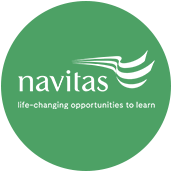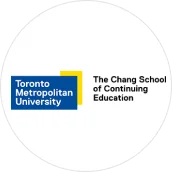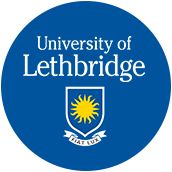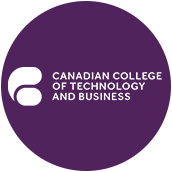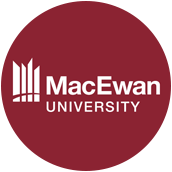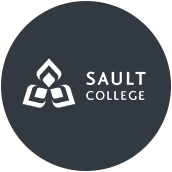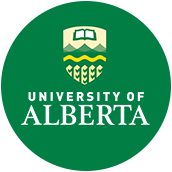A comprehensive guide to
Canada Student Visa Guide: Study Permit, Requirements, Fees, Application Process
Visa Process
International students from across the globe are using Canada as a great platform for getting quality education. It is an excellent choice for students with its prestigious institutions and diverse student population worldwide. Before venturing on an educational trip to Canada, one has to secure a study permit. Discover the most fundamental information relating to Canada student visa, study permit, Canada student visa fees and requirements 2024 as well as the procedure.
What is a Canadian Study Permit?
A Canadian Study Permit is a document that being an official paper, the immigration authority of Canada issues. This permit allows qualified international students the chance to study in Canada. Note that the study permit does not equal a Canada student visa. You will require an eTA or a visitor visa if you want to travel into the country. A visit permit is authorized by the authorities of visas for entry into the country once your study permit has already been approved.
If you possess a study permit, you can reside in Canada throughout your program and an additional 90 days. This additional time frame allows you to plan your exit, prolong your stay, or search for employment in the country.
Click to learn: How to Get a study permit for Canada?
Eligibility Criteria for Canada Student Visa
Knowing the eligibility criteria is crucial to applying for a Canadian study permit. If you fulfill the Canada student visa requirements 2024 mentioned below:
- Acceptance at a Designated Learning Institution (DLI) in Canada
- A valid passport or travel document
- Clean criminal record and a police certificate (if required)
- Good health and a medical examination report (if required)
- Proficiency in English or French demonstrated through an accepted language test such as IELTS, TOEFL, PTE, or TEF Canada
- A letter of explanation outlining your study plans and understanding of the responsibilities as an international student in Canada
Canada Student Visa Application Process
Applying Through the Student Direct Stream (SDS)
Canada Student Visa Fees
Canada Student Visa Processing Time
Documents Required for Canadian Student Visa Application
What are the Minimum Financial Requirements for a Canada Study Visa?
How long is the Canadian Student Visa valid?
Canadian Student Visa Work Rules
Post-Graduate Work Permit in Canada
How to Apply for Permanent Residence (PR) in Canada?
VFS Center Addresses
Study in Canada
Study Abroad Exam
Enquire Now
Not sure what you are looking for? Fill in the details to get a call-back.
Explore universities & colleges
Top Universities In Canada For Indian Students.
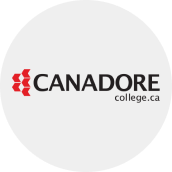
Canadore College - Stanford Mississauga Campus
Ontario, Canada • 14 Programmes
Tuition Fee : CAD 14500 - 15000 / year
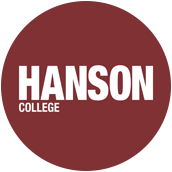
Cambrian at Hanson - North York Campus
Ontario, Canada • 9 Programmes
Tuition Fee : CAD 17500 - 18000 / year
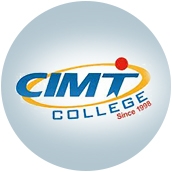
Canadian Institute of Management and Technology (CIMT) - Scarborough Campus
Ontario, Canada • 7 Programmes
Tuition Fee : CAD 11000 - 14000 / year
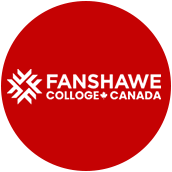

Georgian College - Orangeville Campus
Ontario, Canada • 7 Programmes
Tuition Fee : CAD 14000 - 14500 / year
Not sure what you qualify for?
Search for options that you are eligible for from 10s of Thousands of programs.
A-Z About admissions
A-Z of admissions, covered Pre to Post
Book a free counselling Session?
Answer a few question and receive handpicked college recommendation best for you
Study Abroud Exam
Popular English Language Proficiency Exams
Blogs and Articles
Study in Canada Blogs & Articles
Updated on • May 24,2024 04:49 PM IST • Study in Canada
Top Universities For Computer Science Courses in Canada
Updated on • May 27,2024 05:33 PM IST • Study in Canada
Increase Your PGWP Duration with 2 Years of Study in Canada
Updated on • May 22,2024 10:58 AM IST • Study in Canada
Canada Increases Off-Campus Working Hours for International Students
Updated on • May 22,2024 05:48 PM IST • Study in Canada
Student Education Loan to Study in Canada - Eligibility, Documents Required, How to Apply
Updated on • May 18,2024 03:27 PM IST • Education Loans
Teaching Courses in Canada for Indian Students
Updated on • May 17,2024 11:26 AM IST • Study in Canada
Universities in Canada for International Students
Updated on • May 14,2024 11:49 AM IST • Study in Canada
Colleges in Canada for International Students
Updated on • May 09,2024 05:17 PM IST • Colleges in Canada
Finance Courses & Universities in Canada
Updated on • May 02,2024 05:16 PM IST • Courses in Canada
Guide to Student Housing in Nova Scotia
Updated on • Mar 29,2024 10:49 AM IST • Study in Canada
Updated on • Mar 29,2024 11:47 AM IST • Study in Canada
Masters in Geology in Canada: Colleges, Courses, and Fees
Updated on • Mar 28,2024 11:32 AM IST • Study in Canada
Project Management Courses in Canada: Eligibility, Cost, Universities and more
Updated on • Mar 19,2024 03:09 PM IST • Courses in Canada
Study Loan for Canada : A Complete Guide
Updated on • Mar 18,2024 05:23 PM IST • Education Loans
Colleges in Edmonton Canada for International Students
Updated on • Mar 18,2024 04:10 PM IST • Colleges in Canada
Data Science Courses in Canada: Universities, Fees, Requirements, Scholarships, Salary and More
Updated on • Mar 02,2024 04:20 PM IST • Study in Canada
Updated on • Mar 01,2024 03:19 PM IST • Study in Canada
Master's in Management (MIM) in Canada: Universities, Eligibility, Cost, Process and more
Updated on • Mar 01,2024 12:56 PM IST • Study in Canada
MS in Sports Management in Canada: Courses, Fees and Entry Requirements
Updated on • Feb 29,2024 04:17 PM IST • Study in Canada
Master's Scholarships in Canada: Types, Top Universities, Eligibility and Process
Updated on • Feb 28,2024 11:35 AM IST • Study in Canada
Lets get your queries resolved! Session?
Got a question? Ask and discuss with 100,000+ study abroad aspirants and experts
FAQ's
FAQ's Study In Canada
How much does it cost to study in Canada?
Canada is an affordable country to study as compared to many others. You will likely need between CAD20,000 and CAD30,000 per year to cover tuition. The range is a guideline only, and the exact number will depend on your school and program. The cost of housing, food, and other living expenses will vary based on your location and personal needs.
